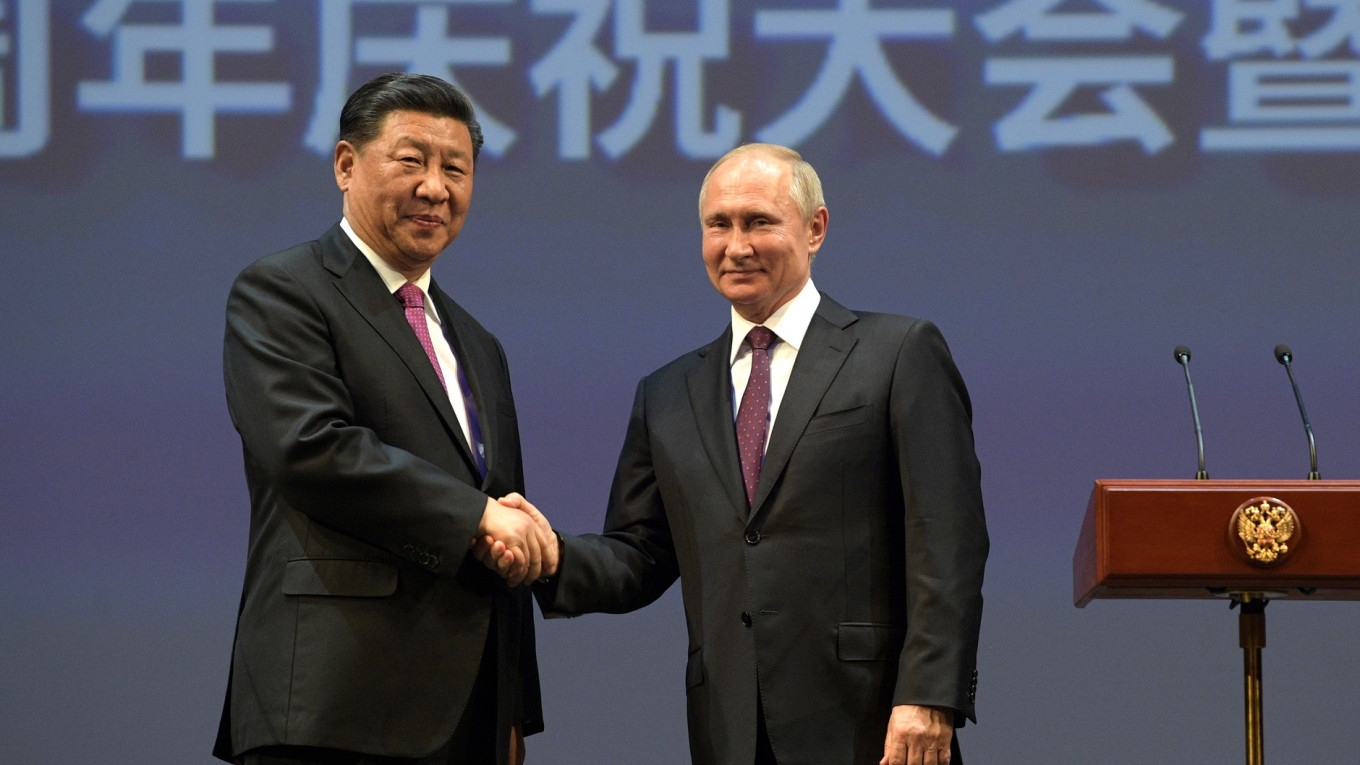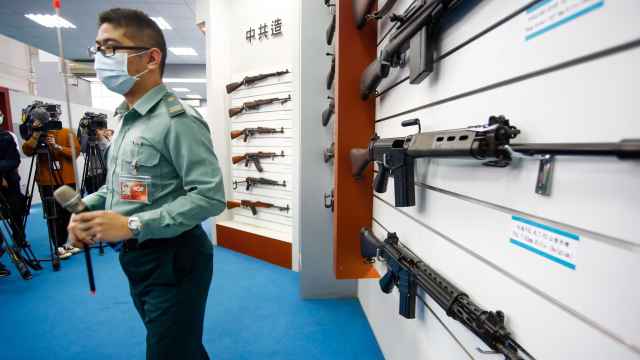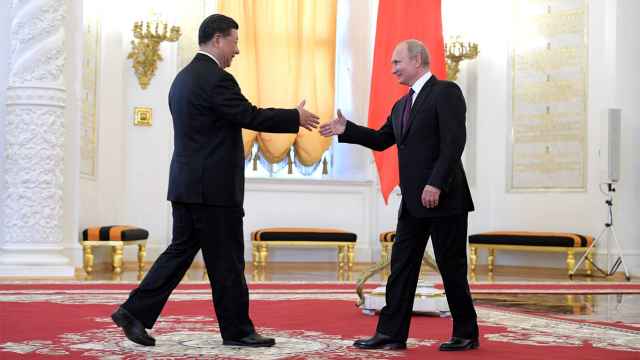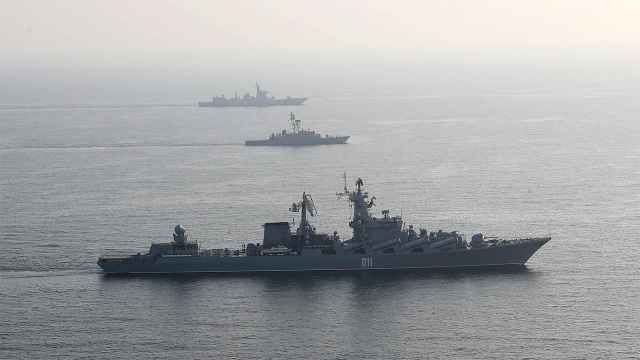To Russia, China has been many different countries over the past seventy years. In the 1950s, China was a junior partner and a treaty ally. From 1960 until the 1980s, it was a strategic adversary, and then, during the 1990s, a distant and distrusted neighbor. In the 21st century, China has become a key strategic global partner to Russia, in an increasingly asymmetrical relationship.
Soviet Russia was an important outside contributor to the establishment of the People’s Republic of China. The Kremlin’s help to Mao Zedong was not an act of idealism, but a well-calculated move in the Cold War context. As China healed from the wounds of a devastating civil war, the Soviet Union viewed it as a junior partner in a global family of communist regimes, led by Moscow. It made an enormous contribution to China’s industrial development and the training of its new elite. Both countries concluded a formal alliance, and fought jointly against the United States in the Korean War.
However, after the death of Stalin, the relationship between Moscow and Beijing deteriorated. This split led to decades of confrontation, culminating in a 1969 border conflict. For several decades, China turned into a major security threat on Russia’s eastern flank.
Towards the end of the 1980s, Mikhail Gorbachev and Deng Xiaoping realized that their fruitless confrontation was draining both countries’ resources, and started to normalize relations. This process culminated at the turn of 21st century, when Vladimir Putin signed a friendship treaty with China, and both sides resolved their border dispute. China became an important ally, but still not a major partner for the Kremlin.
Another bend happened in 2014, following Russia’s takeover of Crimea and the EU and U.S. sanctions that followed. Fueled by Russia’s schism with the West, Beijing has since become Moscow’s single most important foreign partner in all areas, from trade and investment to security. China now has the upper hand in what has become an increasingly asymmetrical axis, where Russia is the needier partner.
This article was first published by the Carnegie Moscow Center.
A Message from The Moscow Times:
Dear readers,
We are facing unprecedented challenges. Russia's Prosecutor General's Office has designated The Moscow Times as an "undesirable" organization, criminalizing our work and putting our staff at risk of prosecution. This follows our earlier unjust labeling as a "foreign agent."
These actions are direct attempts to silence independent journalism in Russia. The authorities claim our work "discredits the decisions of the Russian leadership." We see things differently: we strive to provide accurate, unbiased reporting on Russia.
We, the journalists of The Moscow Times, refuse to be silenced. But to continue our work, we need your help.
Your support, no matter how small, makes a world of difference. If you can, please support us monthly starting from just $2. It's quick to set up, and every contribution makes a significant impact.
By supporting The Moscow Times, you're defending open, independent journalism in the face of repression. Thank you for standing with us.
Remind me later.








